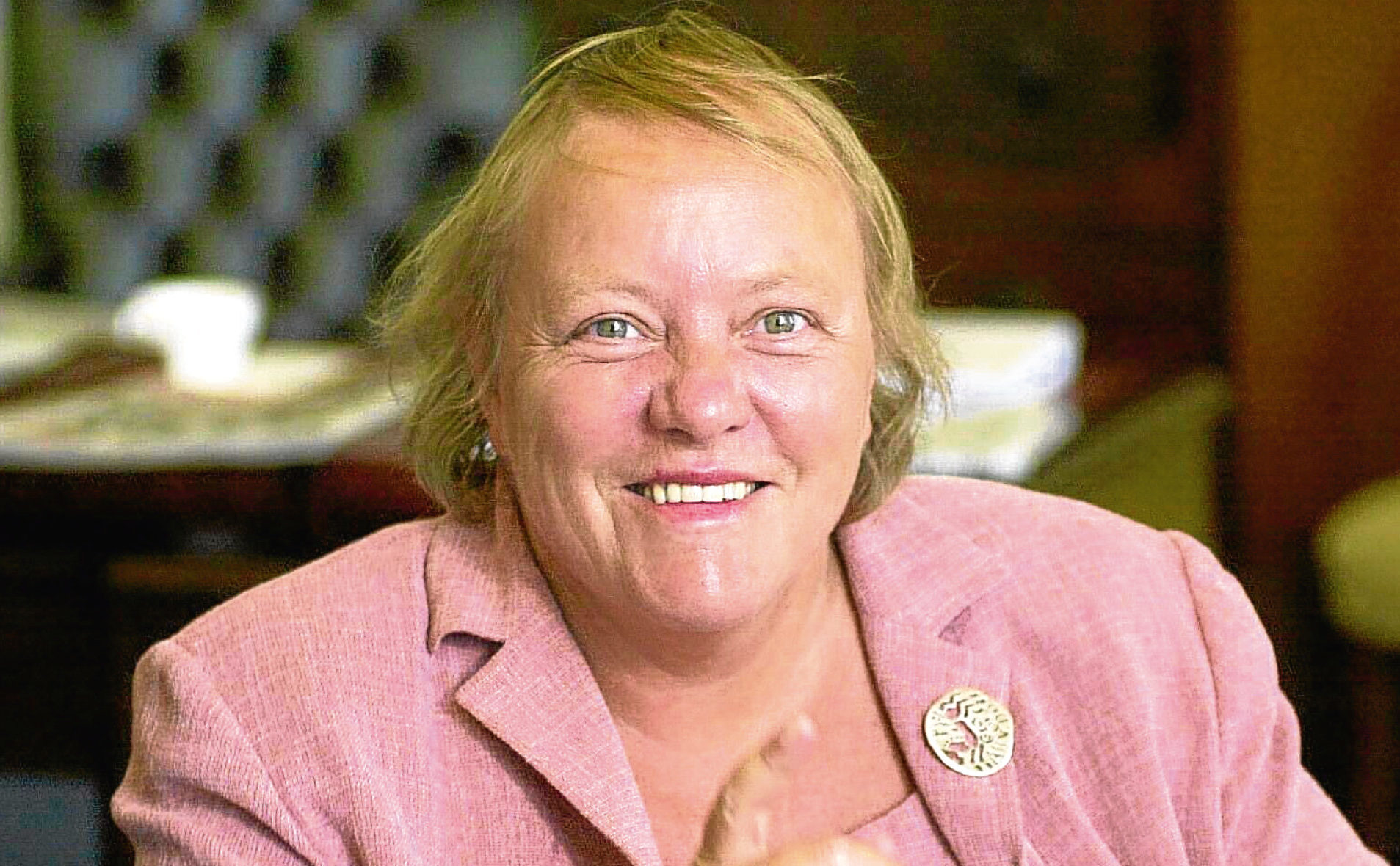
MY late uncle, a semi-professional footballer, juggled his sporting career in the 1970s with his day job as a dried fruit sales rep for Whitworths.
One was, undeniably, more glamorous than the other.
But his sales patch was Northern Ireland and as a child I can remember my granny being as worried about protecting him from the aspiring WAGs that would hang about Muirton Park as she was about him making that weekly round trip to Belfast.
On balance, Northern Ireland was probably the more dangerous territory and for me The Troubles were a complex broth of serious uncle hero worship and a deep and troubling fear of a threat I just didn’t understand.
My uncle would come back from Belfast with a suitcase crammed full of product samples – who could forget chocolate-coated dried apple slices? – and terrifying stories about tanks on the street, road blocks and gunfire.
A potent mix of memories that all conflated into one thing – a fear that my uncle wasn’t safe.
It seemed so far removed from rural Perthshire but then TV pictures of the bloody aftermath of a bomb blast, or of men in balaclavas carrying machine guns, would invade our front room. And the fear would grow.
My uncle’s tour of duty for Whitworths ended long before The Troubles did but the driving force behind both was women; wives, mothers, my granny – women who didn’t want to have to lie awake at night fearing for their sons’ safety.
Which is why having women all but airbrushed from last week’s 20th anniversary of the Good Friday Agreement seemed so abhorrently casual. The Labour MP, Harriet Harman, rightly criticised an Irish magazine which illustrated a feature with portrait shots of six men.
They should’ve put Mo Mowlam in this pic…..so we could remember what she did and all the other women who played their part in the peace process! pic.twitter.com/3keVd3snGt
— Harriet Harman (@HarrietHarman) April 10, 2018
Tony Blair, Gerry Adams, Ian Paisley and Bertie Ahern featured but Mo Mowlam, who laid the groundwork for Blair as the first woman to hold the post of Northern Ireland Secretary, was left out.
Mowlam was known for her casual, direct approach but she was no fool. Unlike others, her style did not lack substance.
She brought a direction, insight and an inclusivity that had eluded all before her. And she kickstarted the process when it stalled by doing what others had been unable to do – going into the Maze prison to talk directly to the men who threatened peace.
Mowlam wasn’t the only woman integral to the peace process but she was the most high profile. And it’s important because having women involved in peace negotiations is proven to secure longevity.
The Agreement acknowledged this by embedding the participation of women in Northern Ireland’s politics into its ambitions.
It’s easy to leave women out of history if you don’t write them in. But consider this: would the Good Friday Agreement ever have happened had it not been for “just Mo”?
The poet, Seamus Heaney, said the Agreement “cleared a space for the miraculous”.
And while it was indeed a miracle, it only made peace possible, it did not guarantee it.
Mandy Rhodes: The noise is no excuse and Corbyn must tackle anti-Semitism head on

Enjoy the convenience of having The Sunday Post delivered as a digital ePaper straight to your smartphone, tablet or computer.
Subscribe for only £5.49 a month and enjoy all the benefits of the printed paper as a digital replica.
Subscribe